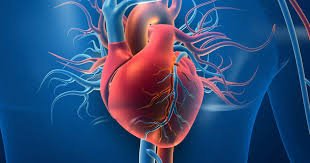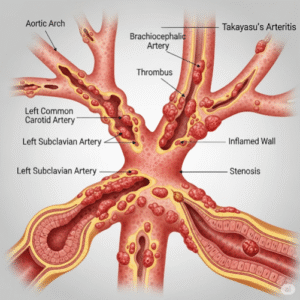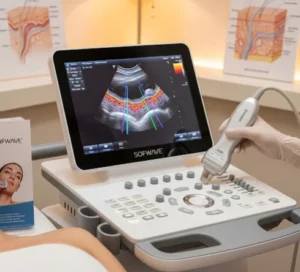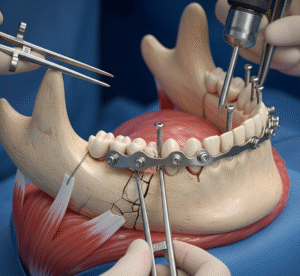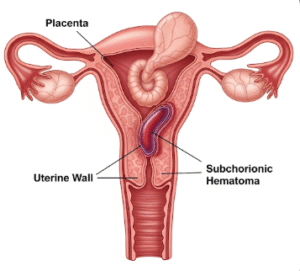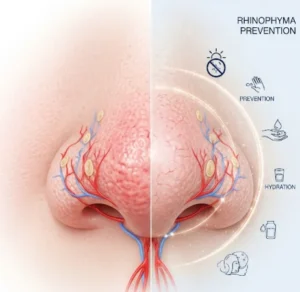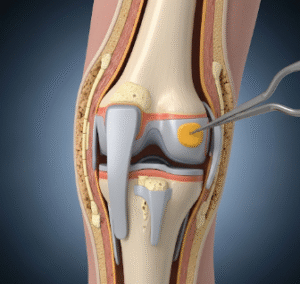Overview
Heart and cardiovascular conditions are among the leading health concerns in Korea, encompassing a range of disorders affecting the heart and blood vessels. Advances in medical care, early detection, and preventive strategies have significantly improved outcomes, with specialized cardiac centers providing world-class treatment for both acute and chronic conditions.
What is Heart and Cardiovascular Conditions?
Heart and cardiovascular conditions include diseases that affect the heart’s structure, function, or blood flow. This category covers coronary artery disease, heart failure, arrhythmias, congenital heart defects, and vascular disorders. Both men and women can be affected, with risk increasing with age and lifestyle factors.
Symptoms
- Chest pain or discomfort (angina)
- Shortness of breath, especially on exertion
- Palpitations or irregular heartbeat
- Fatigue or weakness
- Swelling in the legs, ankles, or feet (edema)
- Dizziness or fainting
- High blood pressure (hypertension)
Causes
- Atherosclerosis (plaque buildup in arteries)
- Hypertension (high blood pressure)
- Genetic predisposition to heart disease
- Lifestyle factors such as poor diet, smoking, and physical inactivity
- Diabetes and metabolic disorders
- Congenital abnormalities of the heart
Risk Factors
- Age over 45 for men and 55 for women
- Family history of cardiovascular disease
- Smoking or excessive alcohol consumption
- High cholesterol or obesity
- Sedentary lifestyle
- Diabetes or chronic kidney disease
- Stress and unhealthy dietary habits
Complications
Untreated or poorly managed cardiovascular conditions can result in:
- Heart attack (myocardial infarction)
- Heart failure and reduced cardiac output
- Stroke or transient ischemic attack
- Arrhythmias (irregular heart rhythms)
- Aneurysms or vascular rupture
- Peripheral artery disease
- Sudden cardiac death
Prevention
- Maintain a balanced diet low in saturated fats and high in fruits and vegetables
- Regular physical activity and weight management
- Avoid smoking and limit alcohol consumption
- Monitor and control blood pressure, cholesterol, and blood sugar levels
- Routine health screenings, including ECG, echocardiography, and blood tests
- Stress management and adequate sleep
Treatment Options in Korea
Korea provides advanced diagnostic and treatment options for cardiovascular conditions:
- Medical management:
- Medications including antihypertensives, statins, anticoagulants, and antiarrhythmic drugs
- Interventional cardiology:
- Procedures such as angioplasty and stent placement, performed in hospitals like Samsung Medical Center, Asan Medical Center, and Seoul National University Hospital
- Surgery:
- Coronary artery bypass grafting (CABG), heart valve repair or replacement, and congenital heart defect correction
- Cardiac rehabilitation:
- Exercise programs, nutritional counseling, and risk factor management to improve recovery
- Monitoring and follow-up:
- Regular check-ups, echocardiograms, stress tests, and Holter monitoring for ongoing assessment
- Preventive cardiology clinics:
- Specialized centers focusing on early detection, lifestyle modification, and patient education
With early intervention, adherence to treatment, and lifestyle modifications, patients in Korea can effectively manage heart and cardiovascular conditions and reduce the risk of complications.

